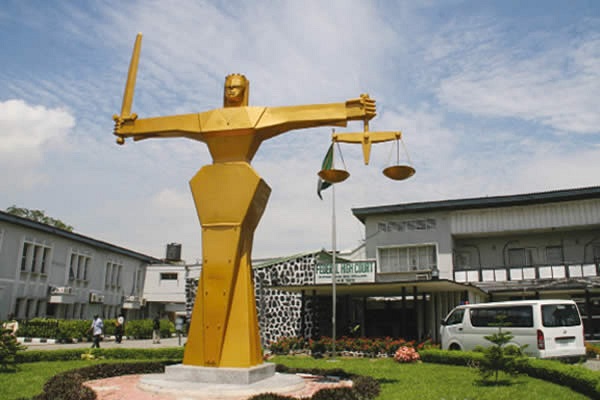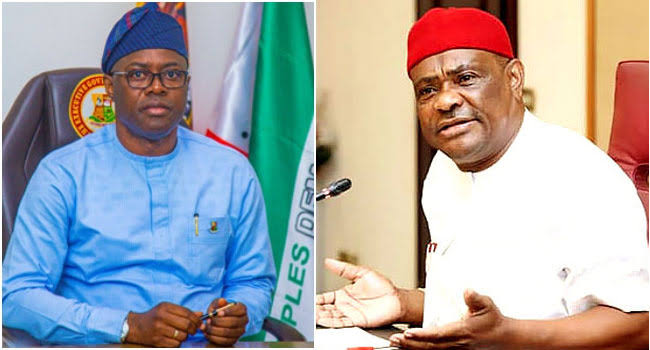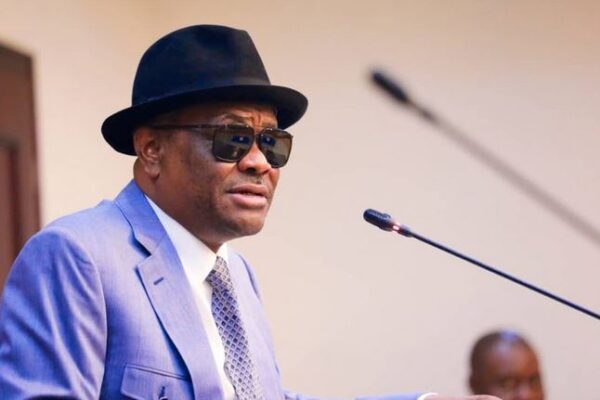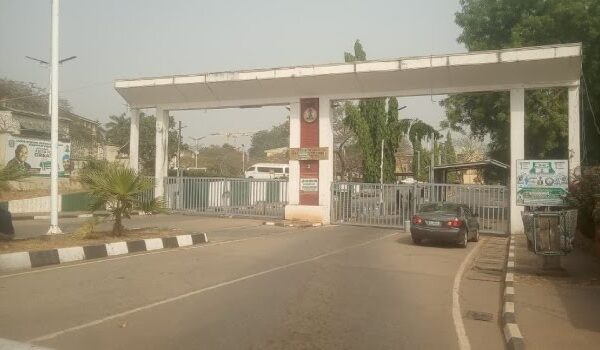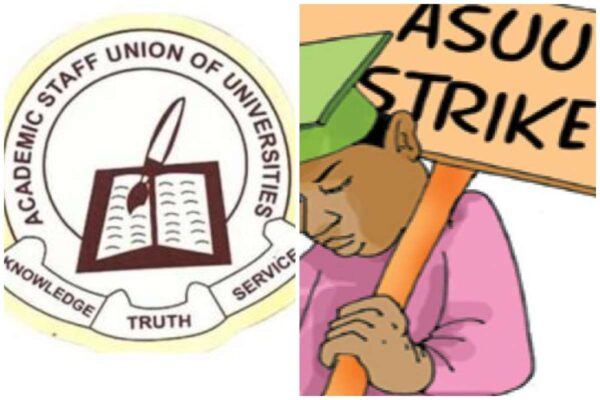Workers of the Federal Capital Territory Administration and the Federal Capital Development Authority on Monday embarked on an indefinite strike, effectively grounding government operations across Abuja. The strike led to the closure of key government offices, including the FCTA Secretariat, where security operatives were deployed early in the day. By about 8:10 a.m., officers of the Nigeria Security and Civil Defence Corps and the Nigeria Police Force had taken positions at the entrance, preventing staff from accessing the premises. A security officer, who spoke anonymously, said workers of the FCDA and FCTA were barred from entering the complex due to the ongoing strike. The industrial action is expected to disrupt activities across all FCTA secretariats, departments, agencies, area councils and parastatals within the Federal Capital Territory. The strike followed a notice issued by the Joint Union Action Congress on Friday, declaring its intention to shut down government offices across the FCT and its area councils. The unions said the decision was taken after authorities failed to address long-standing labour and welfare concerns. It was gathered that the action followed the expiration of a seven-day ultimatum issued to FCTA management, which unions said was ignored despite several engagements. The ultimatum, which took effect on January 7, 2026, was contained in a statement dated January 8 and signed by JUAC President Rifkatu Iortyer and Secretary Abdullahi Saleh. Copies were also sent to the Minister of State for the FCT, the Chief of Staff, the Head of Service and the Director of Security Services. Speaking at the FCT Secretariat, JUAC Vice President Musa Istifanus said the shutdown became inevitable after repeated attempts to engage the FCT administration and the minister failed. He said the strike was driven by unresolved welfare issues, including promotion delays and concerns over the 2024 promotion exercise conducted by the FCT Civil Service Commission. According to him, the computer-based promotion exams were introduced without proper training for staff and were plagued by technical glitches, resulting in what he described as a mass failure. Istifanus said the promotion results, released recently, showed that about 75 percent of candidates failed, a development he described as unacceptable. He also accused the administration of failing to fully implement an approved wage award, noting that although payments were meant to begin in September last year, only one month out of five months owed was paid recently. In addition, he alleged that pension contributions and other statutory deductions, including national housing funds, had not been remitted since May last year. Describing the strike as indefinite, Istifanus said it would only be suspended if the minister meets with the union and their demands are addressed. He added that the unions remain open to dialogue but will not return to work until concrete steps are taken to resolve the issues.
